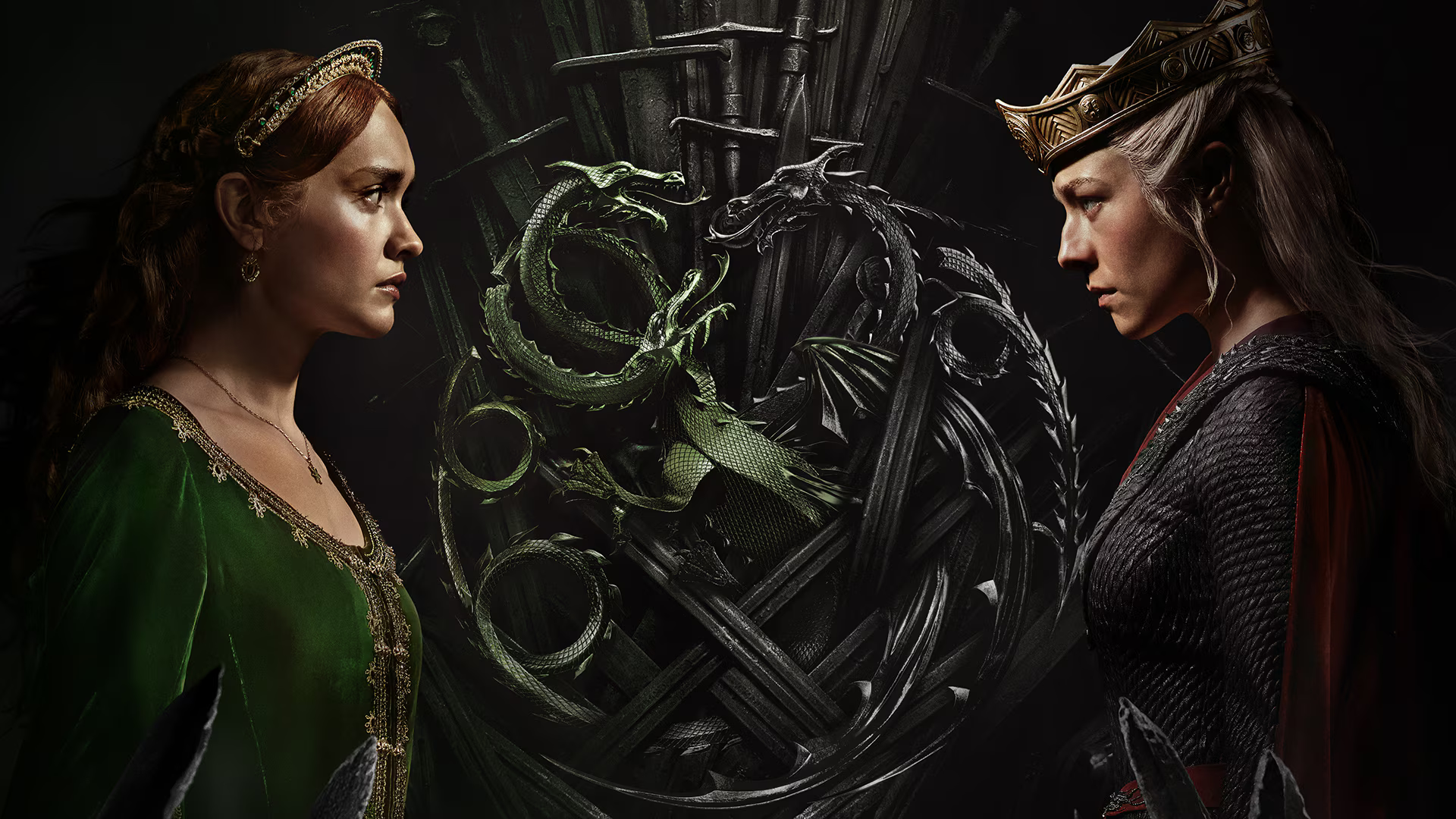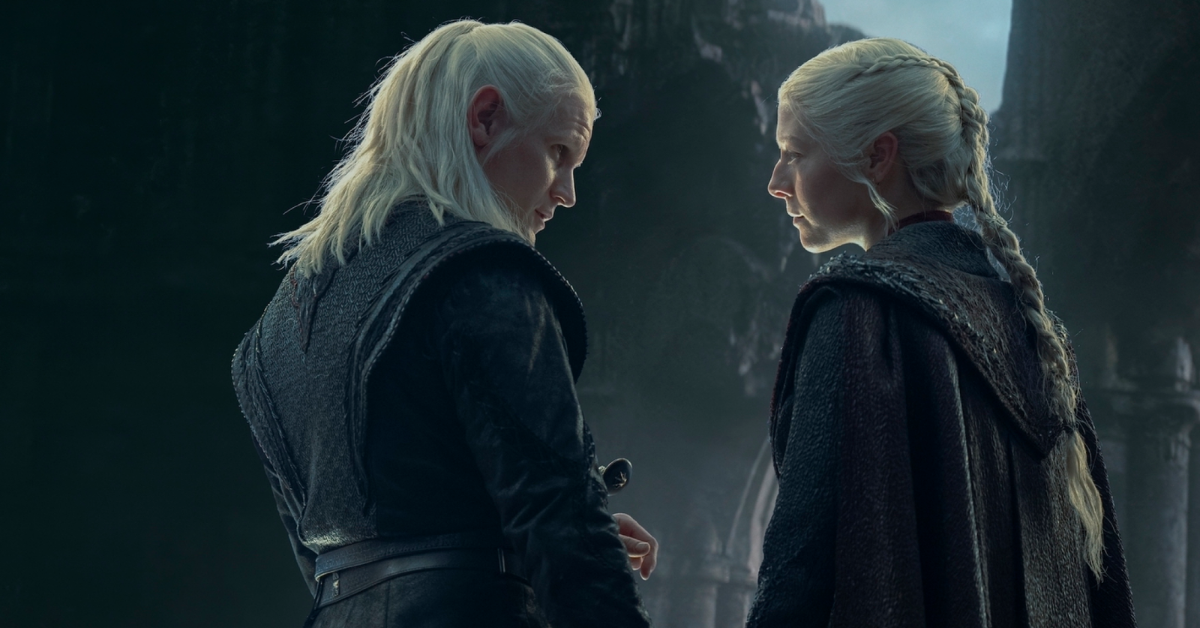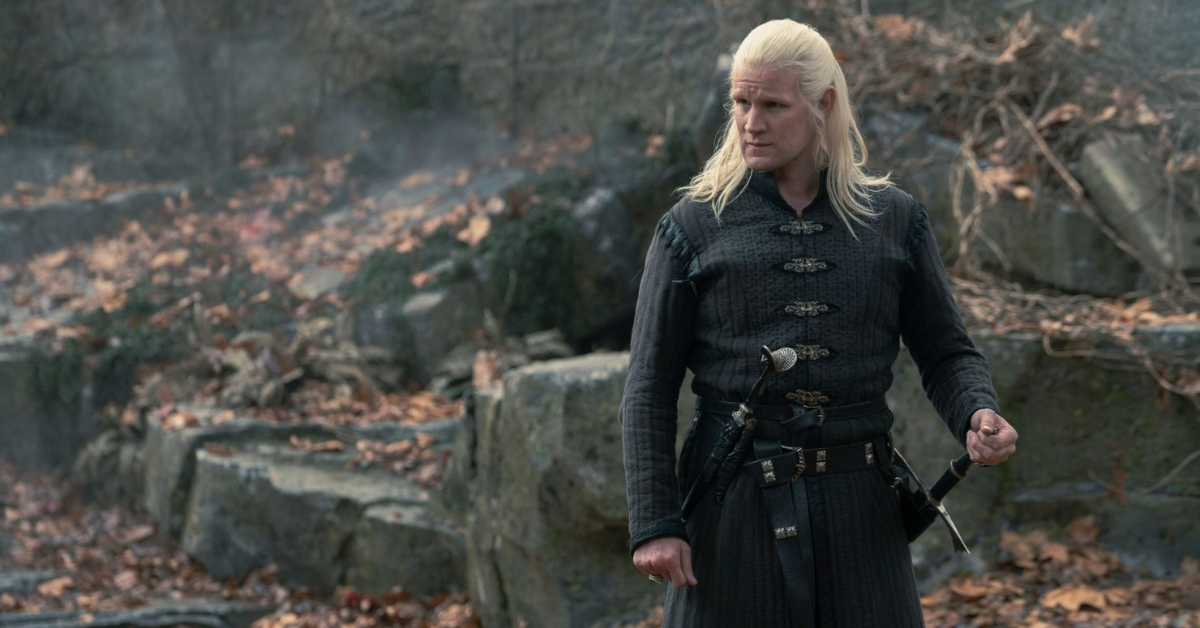Spike Lee’s BlacKkKlansman
Eye Protein is back, and I’ve got no business being here at all! BlacKkKlansman, from Spike Lee, immediately reveals to me my inadequacy at speaking to experiences with which I have nothing in common. I suppose that may be the case for most reviewers. Movie reviewing is a white, man’s game. (notice the comma, friends) And that is a problem.
I sat in a room full of white guys for this screening. There was a realization that it was these folks that were going to shape the conversation about a film that would be easier to look at from a clinical distance than last year’s Get Out. That distance, can (and did) lead to a serious misread of the film. But I’ll get to that later.
Not a Comedy…
 The film is the true story of police officer, Ron Stallworth (John David Washington), who really did phone up the KKK in Colorado Springs and infiltrated the organization as an African American. However, this was not Stallworth’s first infiltration of racist institutions. He begins this story joining Colorado Springs Police Department as its first African American officer. For the Klan, meetups are necessary, and so a white officer (Adam Driver) stands in for Stallworth. However Stallworth handles all the phone calls since he can “speak jive and English”. Stallworth is even able to fool David Duke himself, uncannily played by Topher Grace. The film easily pairs with Boots Riley’s Sorry to Bother You, but the code switching is a vehicle for different points in each film.
The film is the true story of police officer, Ron Stallworth (John David Washington), who really did phone up the KKK in Colorado Springs and infiltrated the organization as an African American. However, this was not Stallworth’s first infiltration of racist institutions. He begins this story joining Colorado Springs Police Department as its first African American officer. For the Klan, meetups are necessary, and so a white officer (Adam Driver) stands in for Stallworth. However Stallworth handles all the phone calls since he can “speak jive and English”. Stallworth is even able to fool David Duke himself, uncannily played by Topher Grace. The film easily pairs with Boots Riley’s Sorry to Bother You, but the code switching is a vehicle for different points in each film.
The BlacKkKlansman sounds like a comedy from this description. And it is laugh out loud funny often. But, it’s not that. It’s a satire of race relations after the election of Donald Trump. First of all, the film opens with a re-enactment of the filming of several racist propaganda films of the early 1950s. The presenter is played by Alec Baldwin, who brilliantly combines slime-y racism with utter buffoonery.
This is the film’s opening sequence after what could be from Gone With the Wind (I suspect its a recreation of something GWTW-esque, but I’m not about to sit through that disgusting film to refresh my memory), but it is a cinematic, metatextual reality all the same. Then it’s the metatextual Baldwin, who is not an actor playing a racist historical figure for the film, rather the film highlights the actor, Baldwin, who PLAYS a racist historical figure on Saturday Night Live. This movie is about Trump and exclaims it in the first five minutes.
Furthermore, there are conversations in which someone supposes (a white police officer, fascinatingly) that someone with Klan connections might someday be in the White House if Stallworth’s sting operation fails. Klansman toast to “America First” and mutter that they want to “make America great again”.
How I Missed the Point
Within the satire, Lee weaves issues of double consciousness, code switching, and the debate about nonviolence that shaped much of the social justice conversation from the Civil Rights Movement until today. These themes are woven with subtlety, but for the Trump satire, Lee prefers a jackhammer. Or so I thought…
I will avoid spoilers of the narrative of Stallworth’s sting and denouement, but after that is all wrapped up, Lee edits in footage from Charlottesville with reactions from Trump and David Duke. Here’s where I, as a white man, missed it entirely. Satire doesn’t have to be subtle, despite my personal aesthetic preference for subtlety, and so I appreciated the Trump parallels throughout the narrative. I felt the narrative conclusion to be satisfying and was ready to write a glowing review.
How I Found It
Then Charlottesville. I thought Lee muffed the landing. It was inelegant. It reminded me of the punch Ali never gave Foreman as he went down, and it felt like Lee was kicking an already downed man. Up to that point, Lee had been saying “this is Trump’s America” and now he was screaming it. I thought it was shrill. Why? Because I’m white and I shouldn’t be writing this. Why? Because I am limited by my experience, which forces me to adapt and generalize to conform the film to my understanding. I missed the point of the Charlottesville footage completely. This is why it is a good idea to talk to people who don’t look like you. They will set you straight.
Towards the end of the narrative of the film (don’t worry, this is not a spoiler) Stallworth and his white stand-in are being initiated into the Klan, with parallel cutting of a Black Student Union meeting. (Harry Belafonte plays guest speaker, and he crushes it.) As both meetings end, Lee crosscuts between chants of “white power” and “black power”. The parallelism could easily be read as equivocation, if you are blind and white, like me. (There is another parallel when Stallworth begins his career infiltrating a meeting at which a former Black Panther, Kwame Ture played by Corey Hawkins, speaks.)
De-Parallelized When Refracted by Power
Lee is not just interested in pointing out that Trump is racist in BlacKkKlansman. That’s not a theme worthy of a feature-length film. He wants people to do the right thing, resist. Chanting white power is evil, while black power is power for everyone. White racist institutions infiltrated events at which former Black Panthers spoke. That was bad. Infiltrating hate groups, like the Klan, is good. Sometimes resistance might look similar to the tactics used by the Klan and its progeny. Both might peacefully protest. Both might throw a brick through a window. But doing the right thing, is the right thing because it is the deployment power for the disempowered, instead of white nationalist action out of the fear of losing power.
It’s doing the right thing because it’s for the right reasons. This final move makes Trump’s comment about “bad on both sides” both understandable (because of tactical similarities) and ludicrous (because the good guys and the bad guys are obvious).
BlacKkKlansman is an incisive analysis of not only what Trump and white nationalists are, but WHY they are as well. Lee is indicting the well-intentioned liberal also. Those resisting are nothing like their opponents because despite any parallels one can draw, their motivations are fundamentally opposite. Sure parallel’s can be drawn, but drawing parallels is fundamentally racist. The right thing is to resist. Doing the right thing is to name racism and white nationalism. The right thing is to refuse to accommodate or give voice to Nazis. Doing the right thing is to refuse to allow them a platform or to organize without reprisal. BlacKkKlansman is Lee’s impassioned plea to get everyone on the streets to do the right thing.
Dustin Sells is studying for a PhD in Screen Studies at Oklahoma State University. Sometimes he gets some sleep. Check out Dustin’s most recently viewed films on Letterboxd @DustinSells or follow him on Twitter @dustin_sells or follow him on Twitter




Leave a Reply